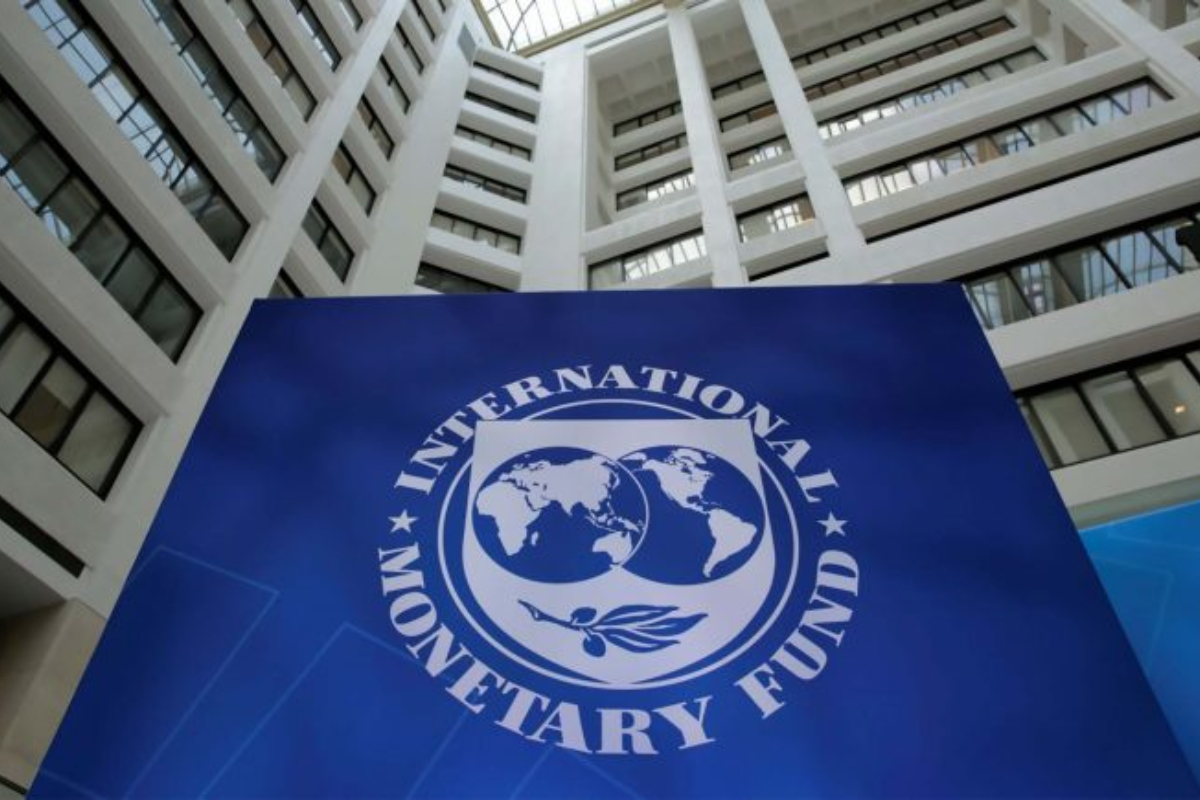ISLAMABAD: The International Monetary Fund (IMF) has reached a staff-level agreement with Pakistan on the final review of a $3 billion bailout.
Under the agreement, subject to approval of the IMF’s Executive Board, Pakistan will have access to SDR 828 million (around US$1.1 billion).
An IMF team, led by Nathan Porter, visited Islamabad from March 14-19, 2024, to hold discussions on the second review of Pakistan’s economic program supported by an IMF Stand-By Arrangement (SBA).
The funds are the final tranche of a $3bn last-gasp rescue package Pakistan had secured last summer, which averted a sovereign debt default. Islamabad is also seeking another long-term bailout.
“The agreement recognises the strong program implementation by the State Bank of Pakistan and the caretaker government in recent months, as well as the new government’s intentions for ongoing policy and reform efforts to move Pakistan from stabilisation to a strong and sustainable recovery.
“Given the timing of the Second Review mission, immediately following the formation of the new cabinet, we expect the review to be considered by the IMF’s Board in late April,” the Fund said in a statement on its website.
Nathan Porter, the IMF mission chief in Pakistan, issued the following statement, “Pakistan’s economic and financial position has improved in the months since the first review, with growth and confidence continuing to recover on the back of prudent policy management and the resumption of inflows from multilateral and bilateral partners.”
However, he added that growth was “expected to be modest this year” and that inflation remained well above target.
“Ongoing policy and reform efforts are required to address Pakistan’s deep-seated economic vulnerabilities,” he said, adding that new government “is committed to continue policy efforts”.
The statement added that the current government will continue its “efforts towards broadening the tax base, and continue with the timely implementation of power and gas tariff adjustments to keep average tariffs consistent with cost recovery while protecting the vulnerable through the existing progressive tariff structures, thus avoiding any net circular debt accumulation”.
Moreover, the statement said that the central bank remained “committed to maintaining a prudent monetary policy to lower inflation and ensure exchange rate flexibility”.


